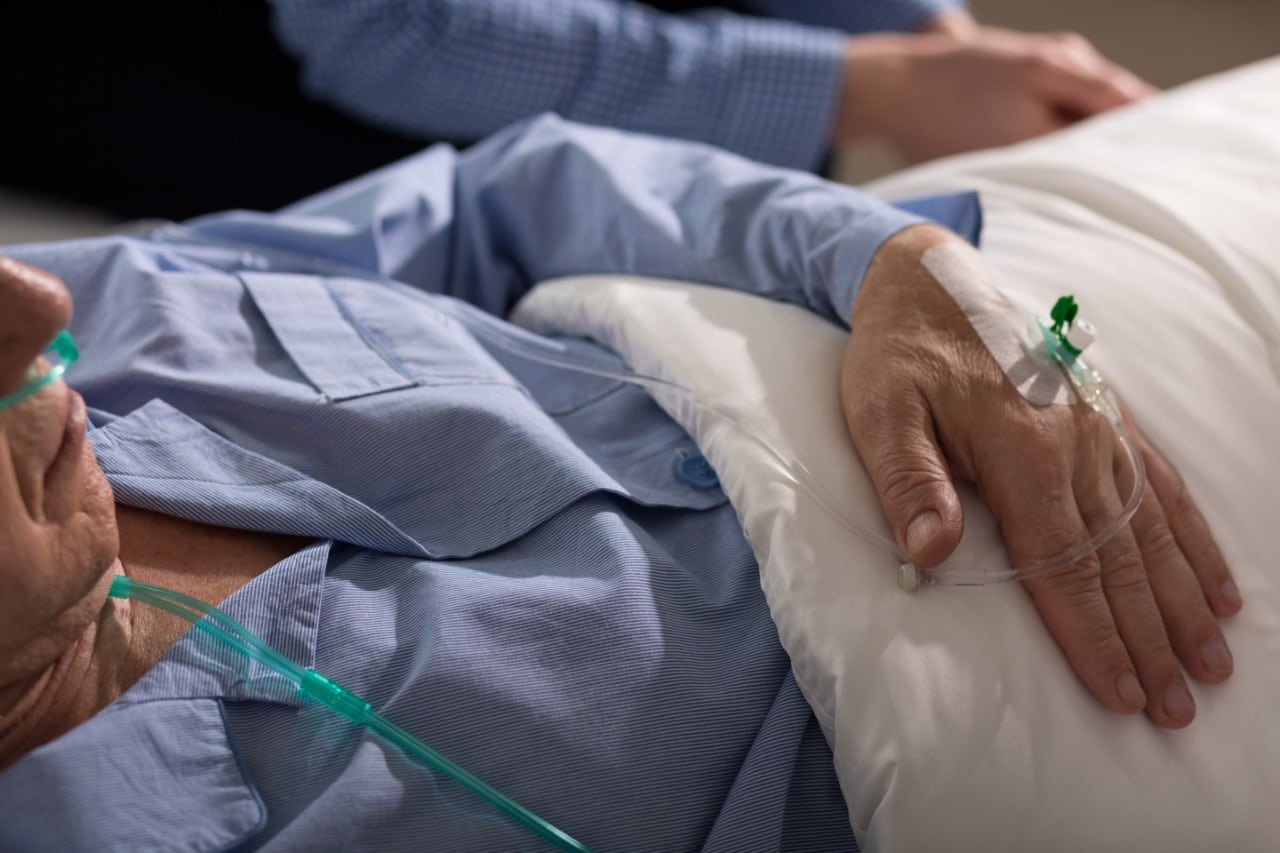Patient waiting times within the NHS have been an issue for a long time and the effects of the Coronavirus pandemic has forced unprecedented changes in the business processes within General Practices.
Senior Litigation Executive, Tim Moulton believes that patient waiting times are more important than ‘deflecting the issue with headline grabbing soundbites.’ Subsequently, Tim recognises that longer waiting times are a result of wider healthcare concerns.
“To clarify, many of my family have worked or continue to work for the NHS and I believe it is full of many committed professionals. Moreover, the news about GP waiting times confirms what I hear from many clients; NHS staff are frequently working against the odds. This inevitably has a detrimental effect on patient safety.”
GP waiting times statistics
A poll published by Pulse found that the average waiting time for a face to face appointment is 10 days and the average waiting time for a remote, non-urgent appointment stands at 8 days.
However, NHS England dispute the poll’s findings and state the numbers do not tally with official statistics.
NHS digital has released information about activity and usage of GP appointments historically. The data below shows the total count of appointments between the Booking Date and Appointment Date in October 2022:
| Time between Booking Date and Appointment Date | Amount of appointments |
| Same Day | 12,436,941 |
| 1 Day | 2,352,649 |
| 2 to 7 Days | 6,381,816 |
| 8 to 14 Days | 4,551,039 |
| 15 to 21 Days | 2,690,373 |
| 22 to 28 Days | 1,637,986 |
| More than 28 Days | 1,911,538 |
| Unknown/ Data Quality | 27,238 |
There are many factors that can drive the time from a booking to an appointment, and this can include the appointment availability at the practice, patient availability, the urgency of the appointment and GP advice.
The GP patient survey which was carried out between January and April 2022 concluded that 15.4% of patients did not get an appointment when they last tried to make one; they either did not take the appointment that was offered to them or they were not offered an appointment. Out of these patients, the most common reasons for not getting an appointment were:
- 27.6% said that there weren’t any appointments available for the time or day that they wanted
- 22.7% said that hey could not book ahead at their GP practice
- 9.7% said the appointment wasn’t soon enough
- 8.1% said the type of appointment they wanted was not available
- 7.7% said that there was not any appointments at the place they wanted
Out of the patients that did not get an appointment when they last tried to make one, they were then asked what they did instead:
- 14.3% said that they decided to contact their GP practice at another time
- 12.4% said that their GP practice helped them in another way
- 11.3% said that they spoke to a pharmacist instead
- 11.3% went to A&E
- 10.9% called an NHS helpline
- 9.8% spoke to a friend or a family member
- 34.3% did not see or speak to anyone when they did not get an appointment
In an interview with the Guardian, Prof Helen Stokes-Lampard, the chair of the Royal College of GPs said: “Our patients should be able to see a GP when they need to. The fact that this is becoming increasingly difficult is frustrating for GPs and our teams, as we know it is for them.
People are waiting too long for routine appointments, and the concern is that non-serious conditions might deteriorate, or patients give up trying to see the GP and we miss signs of serious illness early when it could be dealt with simply and more cost effectively in primary care.”
Potential implications of longer patient waiting times
If a patient has received longer GP waiting times, it may have serious implications because early detection of an illness or an injury nearly always means a better outcome. So, if there has been a longer wait time for the patient to see their GP, then this could lead to a delayed diagnosis, and the consequences of a delayed diagnosis can have devastating effects for patients. The implications that this can cause is a delay in treatment which could allow the condition to become worse and the patient may then require further treatments. Overall, longer GP waiting times can have negative consequences for both patients and the NHS.
Conclusion
Senior Litigation Executive, Tim Moulton concluded: “Whilst there is a conflict between this investigation and the official NHS figures, the background to those figures is unclear. Above all, it is a patient’s day to day experience of the NHS services that provides the measure of success.
Unfortunately, I had cause to call 999 recently for an ambulance. A recorded message told me that they were experiencing a high volume of calls. Consequently, I was on hold for around two and a half minutes. My relative moved from being unconscious and breathing, to stopping breathing and developing a very weak pulse.
Despite this, I could not fault the professionalism of the lady I eventually spoke with and luckily everything worked out. On the other hand, if my relative had suffered from something as serious as he appeared to be initially, being on hold would not have been much assistance. Ultimately, valuable time might have been lost to help him.
As with the GP waiting times, this was clearly a resource issue. However, a number of articles today don’t go far enough in pressing the point that investment in the NHS is lacking. Additionally, I also believe a more in depth and urgent debate needs to be held. Is this due to insufficient funding or a wider issue on how funds are invested?
In short, for everyone who relies on NHS services, this is something that needs to be urgently addressed in detail, rather than deflecting the issue with headline grabbing soundbites.”
If you have suffered health implications due to NHS waiting times, you can contact one of our NHS negligence experts and we will be in touch to help you through your claims process.

